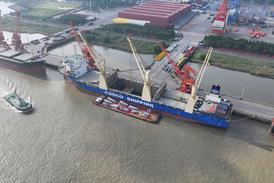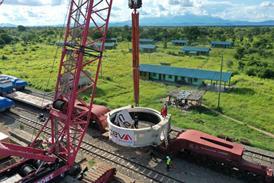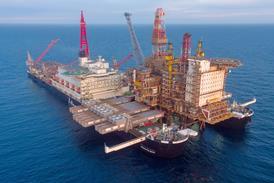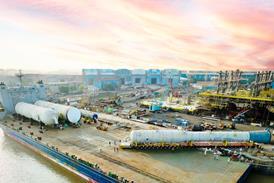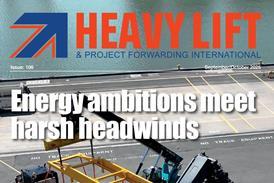Close menu
- Home
- News
- Insights
-
Digital editions
- Back to parent navigation item
- Digital editions
- 2025 digital editions
- 2024 digital editions
- 2023 digital editions
- 2022 digital editions
- 2021 digital editions
- 2020 digital editions
- 2019 digital editions
- 2018 digital editions
- 2017 digital editions
- 2016 digital editions
- 2015 digital editions
- 2014 digital editions
- 2013 digital editions
- 2012 digital editions
- 2011 digital editions
- 2010 digital editions
- 2009 digital editions
- 2008 digital editions
- 2007 digital editions
- Awards
- project cargo
- Advertise
- Training
- Cappro
OEUK puts figures on size of domestic offshore wind and CCUS markets
2024-10-07T15:48:00

Source: Seagreen Wind Energy
The UK is sitting on a GBP12 billion (USD15.7 billion) a year investment opportunity to develop offshore wind, according to Offshore Energies UK (OEUK).
Already have an account? LOG IN
To continue…
Subscribe now and receive three months of unlimited digital access for the price of one
Follow Heavy Lift & Project Forwarding International on social media
- Terms & Conditions
- Cookie Policy
- Privacy Policy
- Advertising Terms & Conditions
- Archive (by date)
- © Heavy Lift & Project Forwarding International
Site powered by Webvision Cloud

